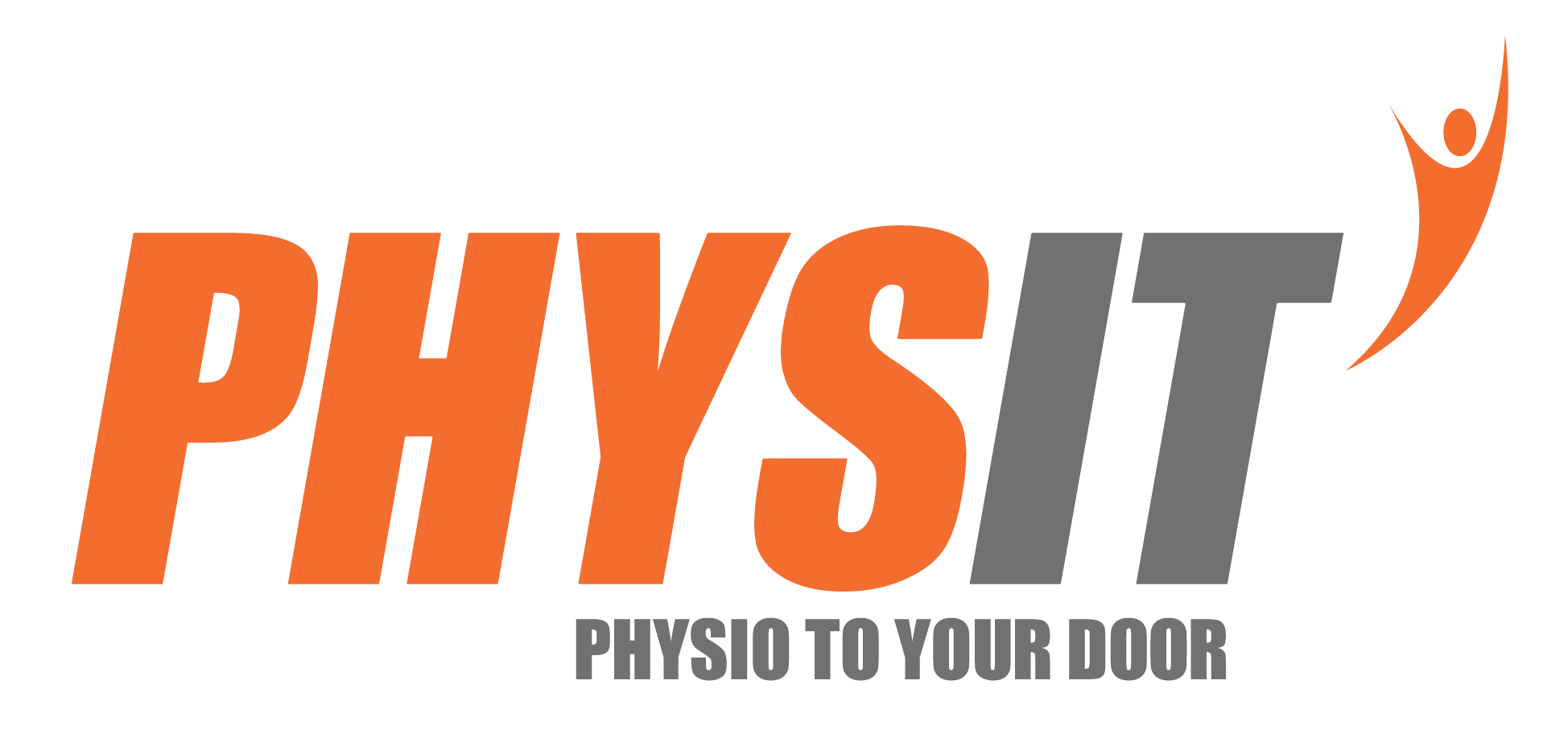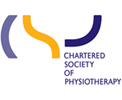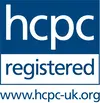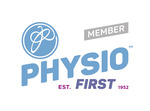Physiotherapy is an ever evolving profession. It is a profession that initially requires a minimum of 3 years of university study and 1000 hours of clinical practice within this. After this we are required to evidence regular professional development (CPD) whether this be attending courses, in-team training, or attending seminars and lectures. What we learnt 10 years ago is often invalidated with more modern scientific evidence, clinical experience and technological advances.
With these regular developments in the physio world, what once may have been considered gold standard may later show as inaccurate, creating myths within the profession, not just among clinicians but also the wider community and our patient population.
So, what are some of these common myths???
“The Physio will make me 100% better and I will not have to do anything to help”
As a physiotherapist, we assess to identify what we feel the primary issues, problems and affected structures are and then we offer the tools to help to improve these. Yes, some of it does include manual therapies which may include mobilisations, manipulations and massage, however you will be provided with advice and likely exercises which you need to implement into your lifestyle in order to continue to make and maintain these improvements. If we spend one hour with you a week; there are another 167 for you to utilize within this same week to help yourself.
“Your spine could be out of place”
Your spine cannot be out of place. This is some terminology that unfortunately is still used by some health professionals. The spine is made up of multiple structures, bones, discs, ligaments to name but a few. You may have some mal-alignment of some of these structures whether this cause is genetic or other pathology. There may be some structures which are moved slightly, bulging discs, degenerative conditions such as spondylolisthesis (don’t you just love medical terminology!); However, the spine itself will never be out of place. The lumbar spine is an incredibly strong structure, and although it can be prone to injury it is very resilient to most movements and tasks. We as physios can help to assess and identify different injuries and pathologies to the spine, but you will never hear us or an MRI scan report on anything being ‘out of place’ in the spine.
“Physios aren’t very hands on and use lots of strange equipment”
If you’ve heard that physiotherapists only spend five minutes poking and prodding you before strapping machines on you during your appointment, know that it is a false assumption. The truth is, we still have discrepancies on the level of professionalism even though professional associations exist to guarantee high standards. Here at Physit we are all Members of the Health and Care Professions Council (HCPC) and the Chartered Society of Physiotherapists (CSP) and monitored regularly. Each appointment you have should be multi-faceted and although this may include some equipment, this is likely to be minimal and should also include education, advice, hands on therapy, exercises and self-management strategies as applicable.
“No Pain: No gain” and “Physios will always cause you more pain”
I have heard physiotherapists be described as Physio-terrorists. I can only assume that sadly this is used by people who have had a negative physio experience. We like to gauge your pain levels using a score out of ten and monitor this throughout your assessment and treatment. Ideally, we don’t want to increase your pain levels however in order to fully assess and find your pain and the structures causing it can sometimes mean an uncomfortable experience. This should only be short term and any treatments provided should be only up to a level of mild-moderate discomfort.
Admittedly the first session is often the most painful which doesn’t always leave the best first impression. Although, the first session can often be the most pain-relieving too!
The same goes for any exercises provided. We don’t want you pushing through the pain to try to achieve more. Everything should be as comfort allows and you are the one to judge that, whether you are doing exercises independently or whether we are providing a manual technique to try to help. All treatments provided are safe and risk assessments are carried out prior to all treatments. We want to help and reduce pain, not enhance it.
“Physio is a short-term help”
Physios should not only focus on your current injury but should take a holistic view and identify factors that may have contributed towards your current problem. This may be physical aspects such as muscle imbalance or weakness, nerve tension or balance and coordination deficits, however Physiotherapists should also promote positive lifestyle changes and support you in implementing these.
Your body’s ability to heal from injuries can be affected by factors such as increased weight, poor diet, damaging habits like smoking and alcohol consumption, and many more. Adopting a healthy lifestyle has been shown to reduce pain levels and reducing the need for medications. These are all things we as Physios promote and encourage.
Here at Physit we have weekly CPD sessions to ensure we maintain high standards, using evidence based practice to continue to provide the best and most appropriate treatment and care to all of our patients.






